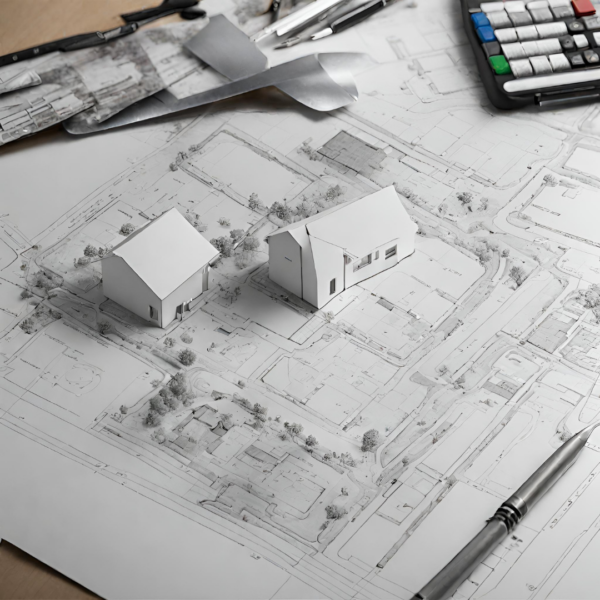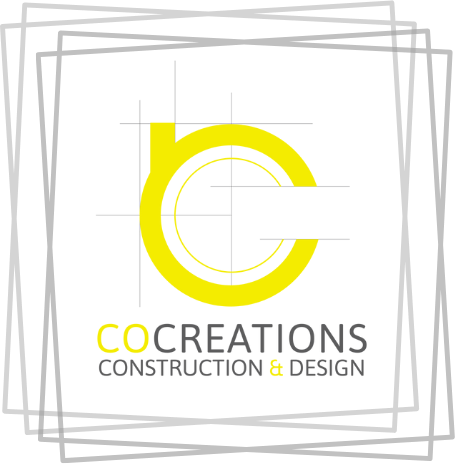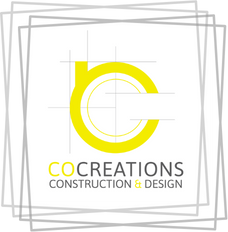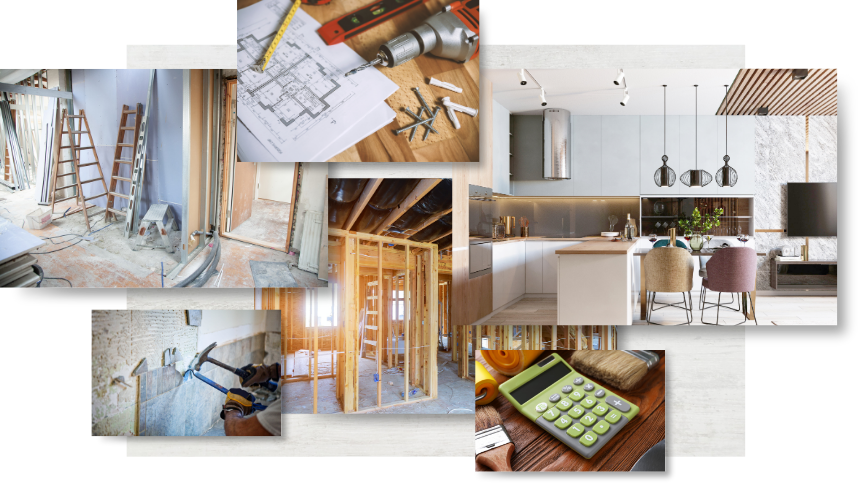
In the realm of construction, efficiency and cost-effectiveness are paramount. With the ever-growing demand for sustainable and affordable housing, adopting cost-effective construction techniques is essential. Let’s explore some innovative methods that not only save money but also contribute to a more sustainable and eco-friendly approach to building.
- Prefab and Modular Construction: Prefab and modular construction involve the assembly of building components off-site, which are then transported and assembled on the construction site. This technique significantly reduces labor costs, construction time, and waste. Prefabricated materials are manufactured in a controlled environment, ensuring precision and minimizing errors during construction.

- Green Building Materials: Choosing sustainable and locally sourced materials can have a positive impact on both the environment and your budget. Materials such as recycled steel, bamboo, and reclaimed wood can not only cut costs, but also contribute to energy efficiency. Additionally, these materials often have longer lifespans, reducing the need for frequent replacements.

- Energy-Efficient Design: Implementing energy-efficient design principles can lead to substantial long-term savings. Incorporating features like proper insulation, energy-efficient windows, and passive solar design can significantly lower heating and cooling costs. Investing in high-quality insulation materials may have an upfront cost, but pays off in reduced energy bills over the building’s lifespan.

- Optimized Site Planning: Thoughtful site planning can lead to cost savings in various aspects of construction. Choosing a site with minimal grading requirements, proper drainage, and easy access to utilities can help reduce excavation and foundation costs. Efficient site planning also considers the natural surroundings, optimizing the use of sunlight and wind to enhance energy efficiency.

- DIY and Community Involvement: Engaging in do-it-yourself (DIY) projects and involving your local community can significantly cut construction costs. Community-driven projects often benefit from volunteer labor, reducing the need for expensive professional contractors. This not only saves money but fosters a sense of community ownership and collaboration.

- Smart Technology Integration: Embracing technology can streamline construction processes and improve efficiency. Building Information Modeling (BIM) allows for accurate planning and visualization, minimizing errors and optimizing resource utilization. Advanced construction management software can help in project scheduling, reducing delays and associated costs.

- Waste Reduction and Recycling: Minimizing construction waste and recycling materials can lead to substantial cost savings. Efficient waste management practices, such as segregating and recycling construction debris, not only reduce disposal costs, but also contribute to environmental sustainability.

Cost-effective construction techniques not only benefit the project budget, but also play a crucial role in sustainable and responsible building practices. By embracing innovative methods, utilizing technology, and prioritizing eco-friendly materials, the construction industry can contribute to a more affordable and environmentally conscious future. Building smart is not just about saving money; it’s about creating a lasting impact on our communities and the planet.


 – Click here to go back to the blog gallery
– Click here to go back to the blog gallery